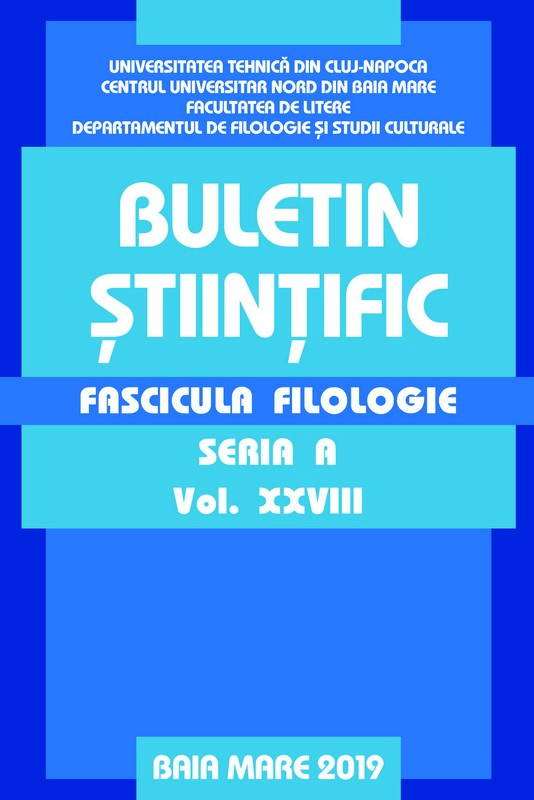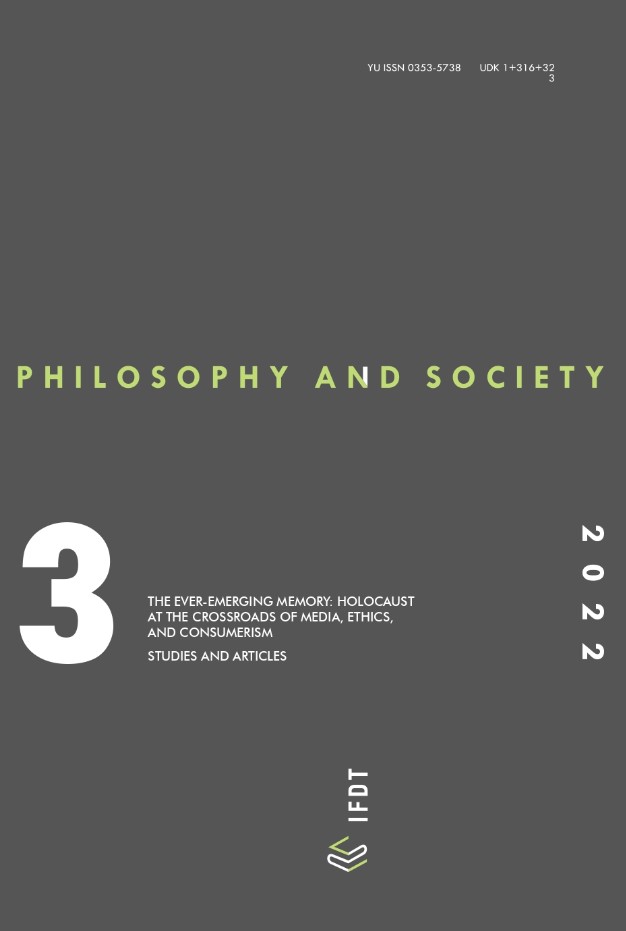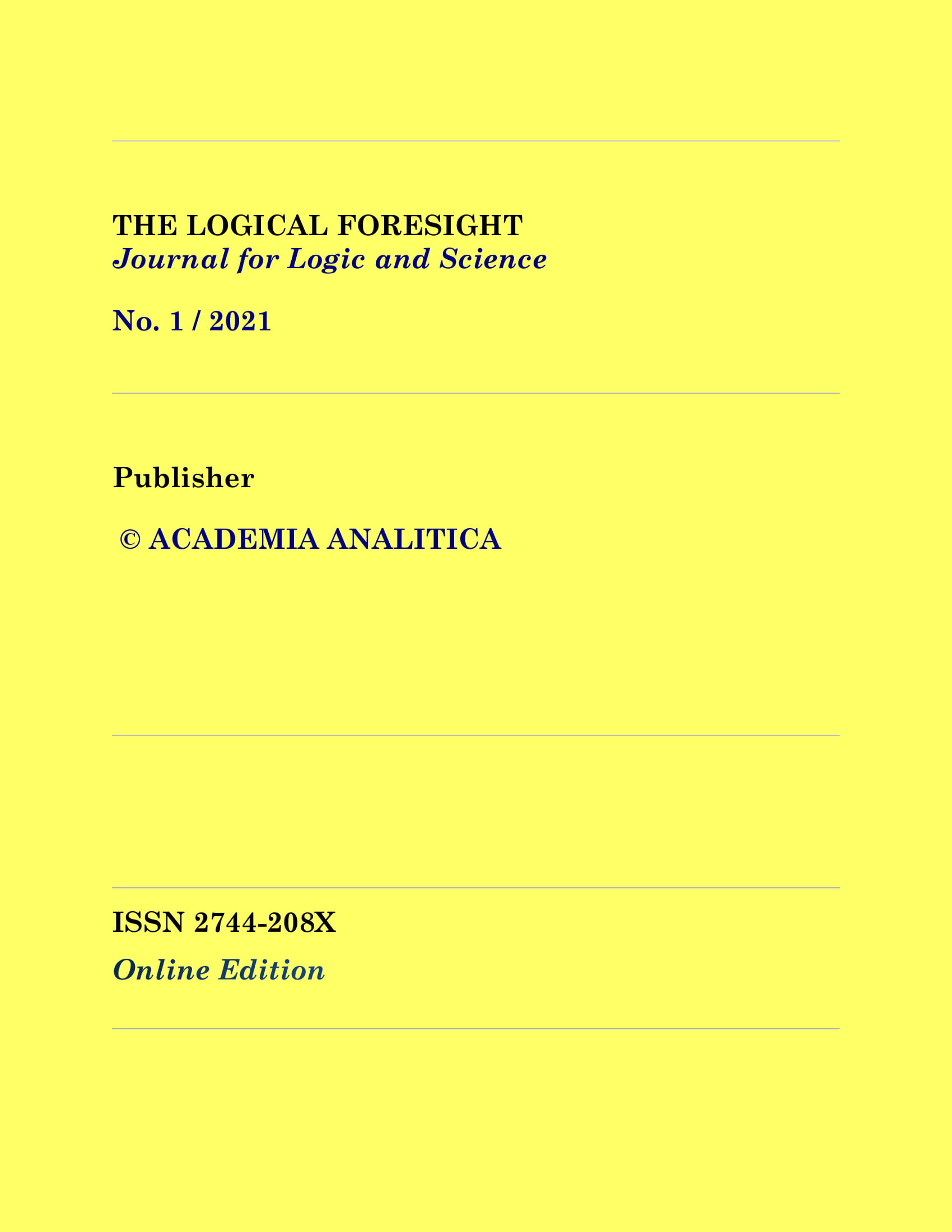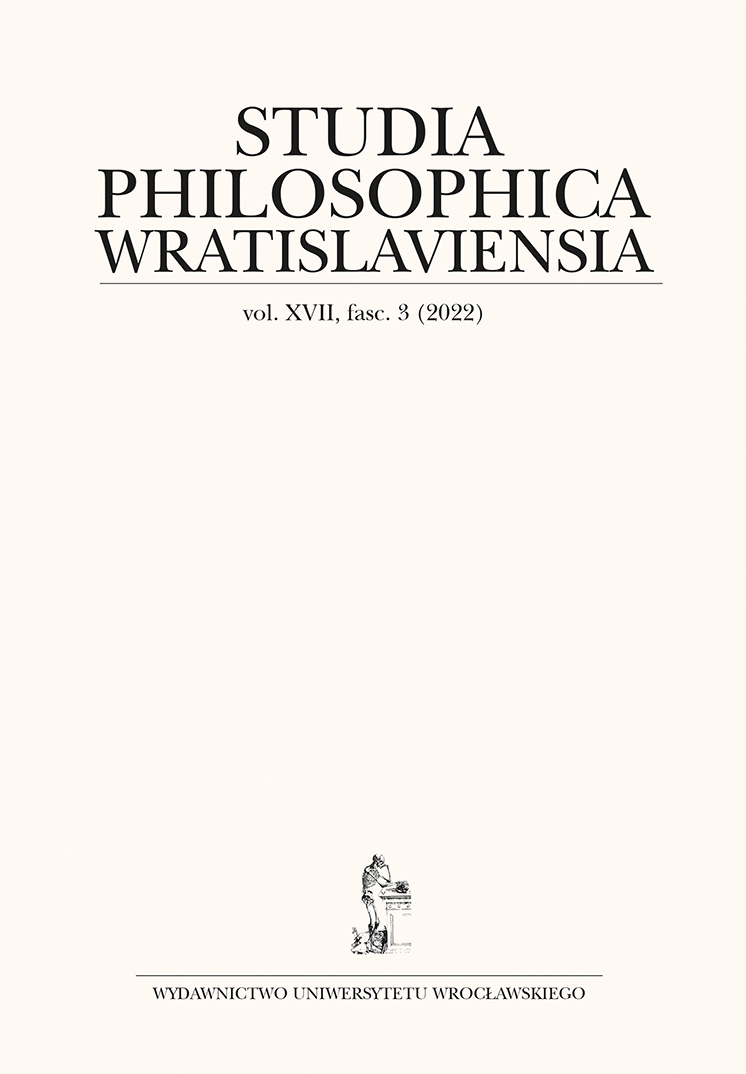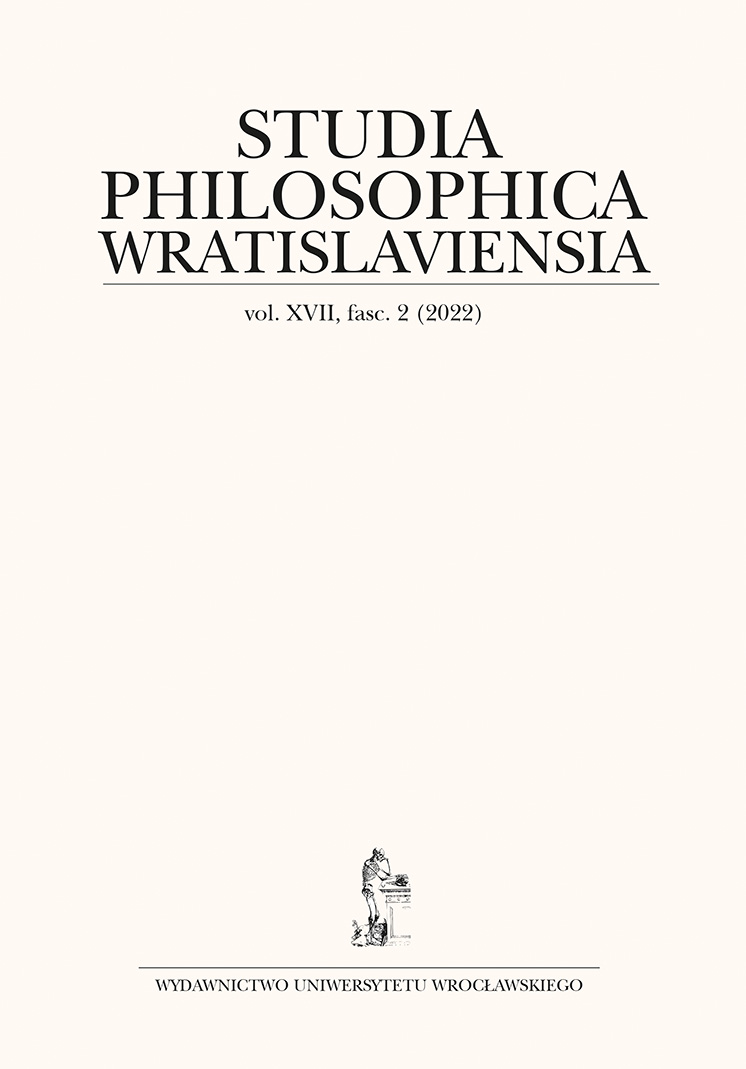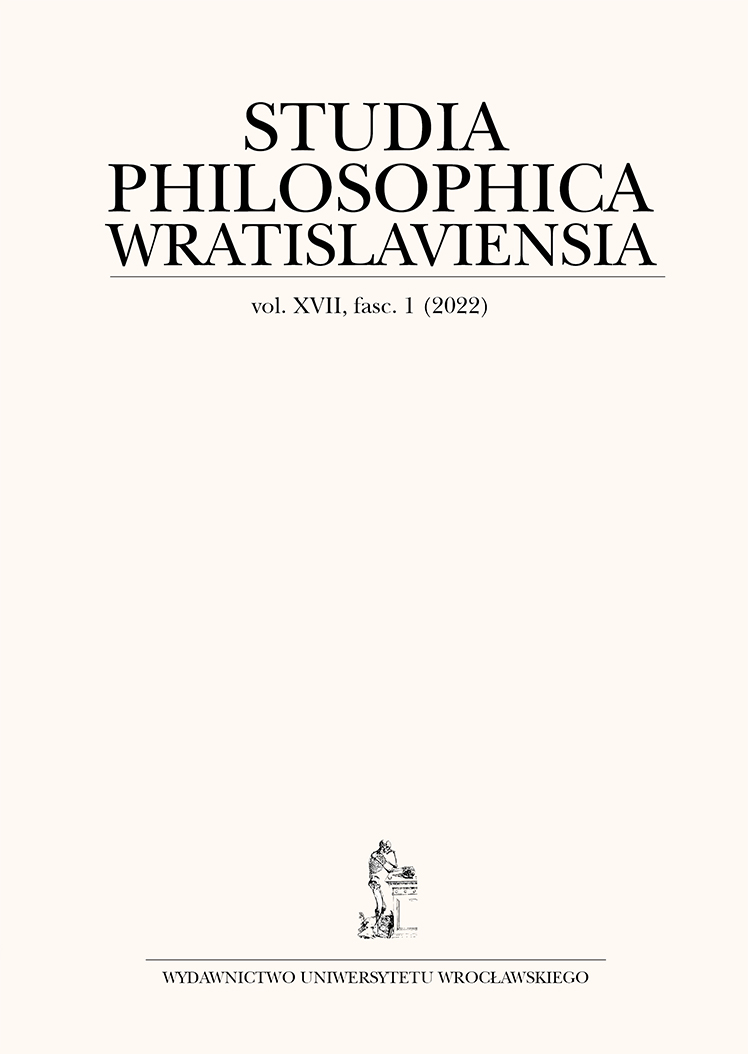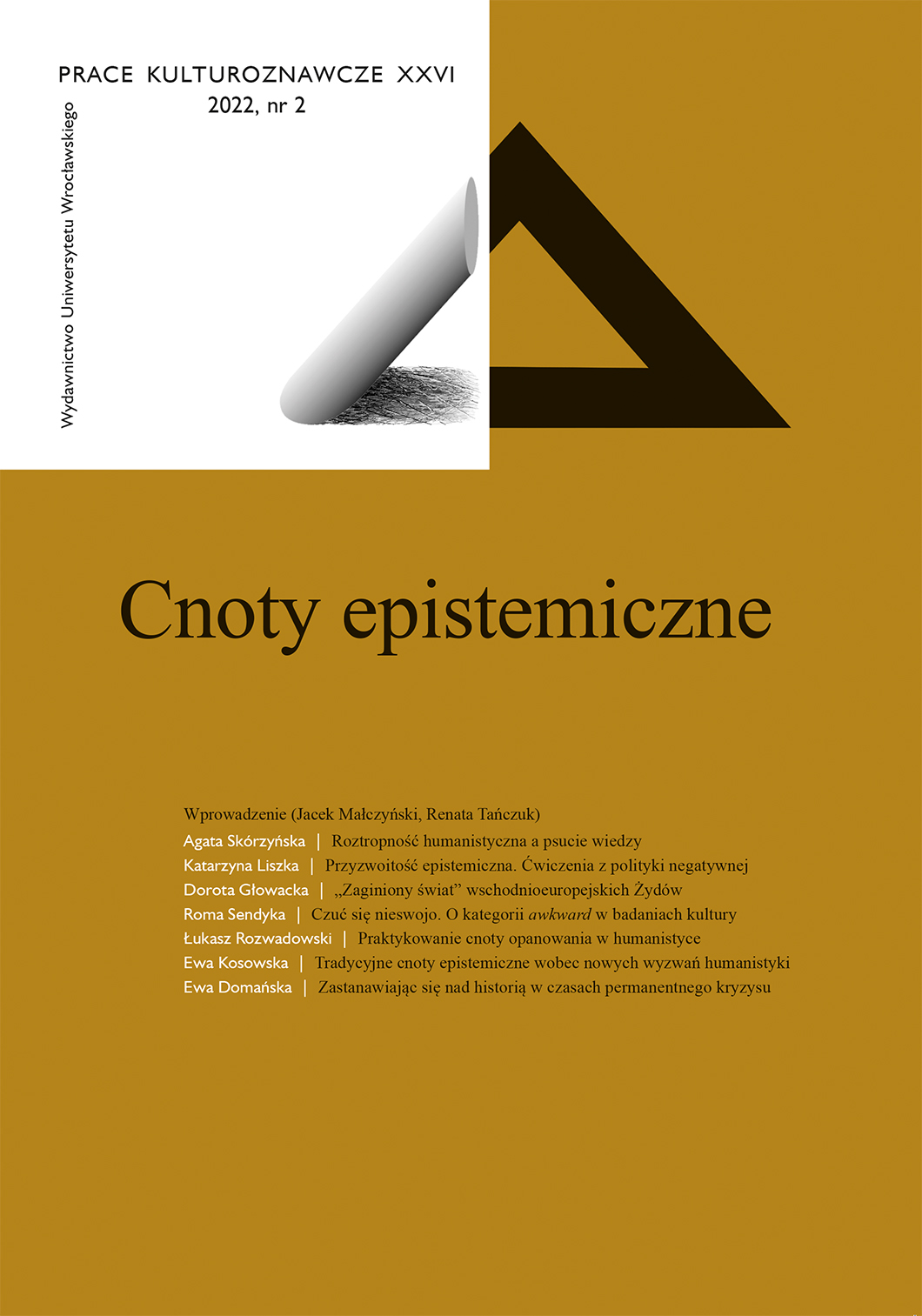Author(s): Ewa Kosowska / Language(s): Polish
Issue: 2/2022
Epistemic virtues have a long tradition in European intellectual culture. However, their nature, status and functions, although obvious in the area of a specific episteme, became the subject of an autonomous research inquiry only at the turn of the 20th and 21st centuries. This apparent paradox — and, at the same time a peculiar cognitive impasse — results from the very idea of virtue, known, for example, from the writings of Aristotle or the Stoics. Virtue, treated as a special kind of inherent disposition, had to be additionally practiced in order for it to develop properly. However, this practice, which is can be understood as a labour of self-development, could not be ostentatious.
On the contrary — the measure of a man’s greatness and, at the same time, his personal dignity, was found in hiding the effort associated with practicing certain virtues. As a result, we now have only limited access to knowledge about strictly epistemic virtues preferred in particular historical epochs.
The author, starting from the specificity of the Cartesian paradigm, attempts to name the epistemic virtues related to the practice of a rational cognitive attitude, which in Europe has been the foundation of scientific thinking, including the humanities for over three centuries. Then, the author confronts this tradition of thought with the contemporary multiformity of the humanities, reconstructing the initial inventory of epistemic virtues accompanying diffuse cognition.
The traces of various epistemological traditions and the accompanying epistemic virtues mentioned in the article do not exhaust the subject delineated by the title, but to constitute a collection of remarks that may be useful in further research on the place of traditional epistemic virtues in contemporary humanities and on modifying the methods of evaluating scientific attitudes.
More...
